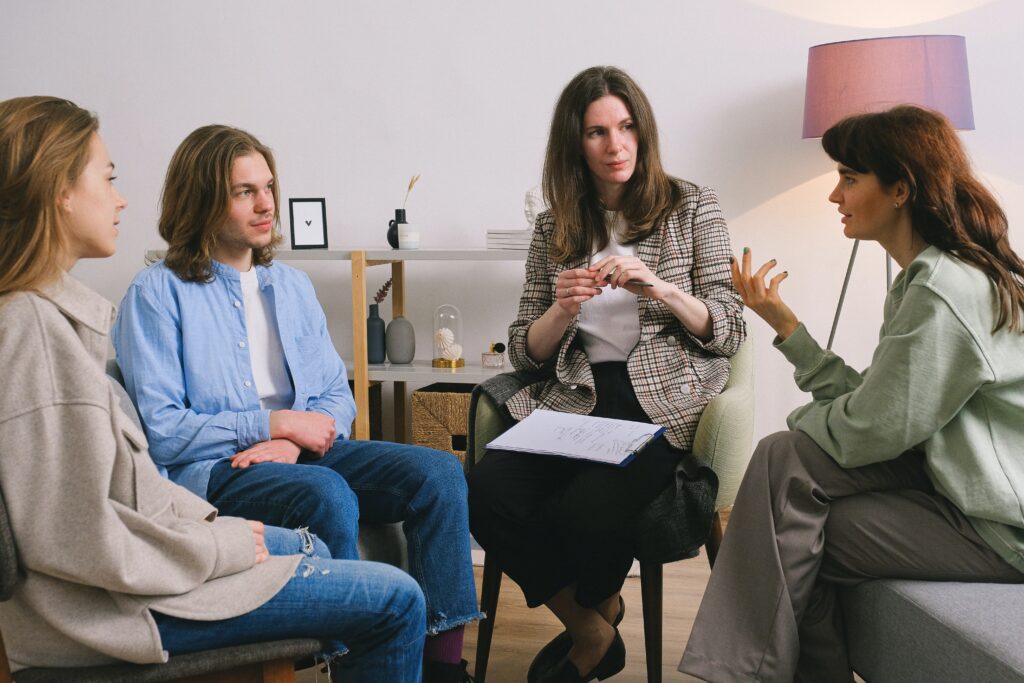This is a big topic but an important one in my estimation. It’s also difficult to do when you are in a job and just one of many who do what you do. And it can take a little self-examination to get there. However, it will serve you well if you give it a shot. At the very least it saves you some anguish. I’ve sat on both sides of this fence and the consultant side is by far the best. And you can adopt the consultant mindset as an employee.
Objectivity
One of the biggest advantages of being a consultant is that you can approach problems inside an organization with objectivity. This is powerful. Often as an employee, we are so mired in the day-to-day we have difficulty stepping outside of our tried and true routine and into a mental place where we can see a different picture.
The Predictable Path
Routine is natural because our brains work to keep us on a predictable path for our protection. Anything that it (our brain) perceives as a threat will cause a reaction. This reaction is often anxiety of some sort. That anxiety is normal as well. It’s our warning that we are no longer on the predictable path and there could be danger. This anxiety causes us to resist going down that path. All that brain activity is automatic and we barely notice it. We just know when we are safe and when we are not.
That’s why a consultant can bring objectivity and lead the way down a new path and why an employee has difficulty even seeing the new path.
Wonder
So how does a person fight their brain’s chemistry and think objectively? One way is to give yourself some time to wonder. Daydreaming gives a different part of your brain some working space. Wondering how something would work if we did something a little different is a non-threatening way to give your protection neurons a break. Of course, those protective neurons will throw little bombs in your moments of wonder, but you can thank them and move on.
I often get some resistance to this idea, mostly because people at work have a common complaint, “I don’t have enough time.” This is expressed in a variety of different ways. I have seen this in almost every working environment I’ve been a part of. I wonder…if five minutes of wonder can yield an extra hour of productivity, would it be worth it?
A good consultant challenges the status quo by injecting questions that reach into the creative portions of their client’s brains and causes them to wonder. Wonder leads to possibility and possibility leads to creative solutions. So why not go ahead and challenge yourself? Give yourself five minutes a day to wonder.
Knowing Leads to Stagnation
I have seen this repeatedly. It happens with people and with organizations. The best leaders I am aware of, seem to live in a world of not really knowing. Especially leaders who want to continuously improve their organizations. If leaders already know how it should be and lead from there, will they ever hear a new idea as a valid approach? Can they actually improve their organization? I don’t think so.
One of the top ways in which we tend to sabotage ourselves is by having “the” answer and knowing it’s the truth. And this can apply to everything from what we “know” about our jobs, our bosses, the business we’re in, even our own abilities and limitations, our friends, our kids, and basically everything in our lives.
I’m curious, has knowing something left you stagnated? If so, how?
Open Mind
An open mind keeps life interesting. An open mind is one that views the world with curiosity rather than it being a particular way. Now with that being said, is there room for expertise? Of course. Disruptive thinkers are often experts in their fields who have left room in their minds for curiosity and wonder. Beliefs are great but discernment about what to believe is the best.
Wrap Up
To wrap this up, to think as a consultant you allow your knowledge to lead you to wonder and be curious. You ask questions rather than make statements, and you encourage others to answer their own questions. Too many people want to sit on their accumulated knowledge mountain and guard what they know rather than allow it to expand. Consider, when things seem stagnant, it might be time to put your consultant cap on and start asking questions.


I like how you talk about what it takes to keep an open mind and that you have to support others to stay open to change to be able to take on new ideas and new opportunities. Well written!